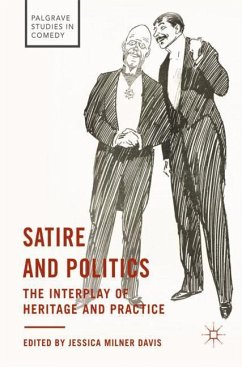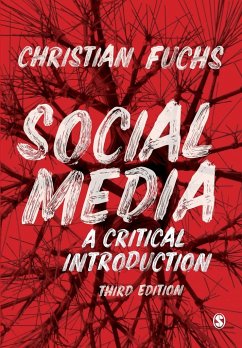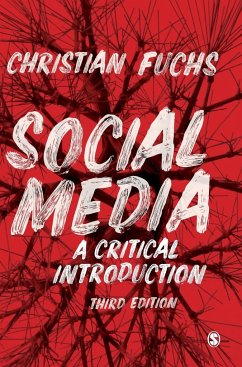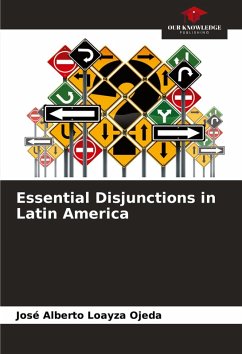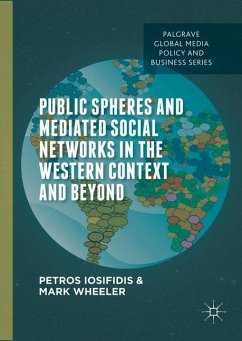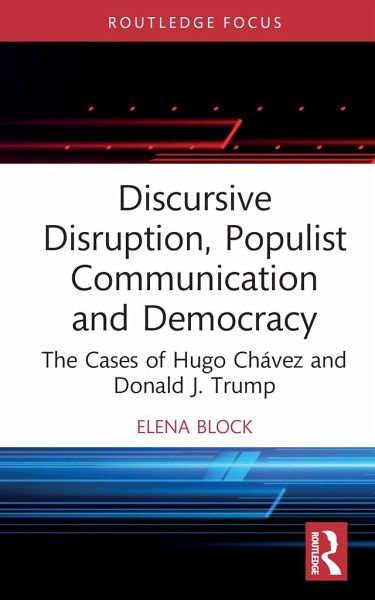
Discursive Disruption, Populist Communication and Democracy
The Cases of Hugo Chávez and Donald J. Trump
Versandkostenfrei!
Versandfertig in 6-10 Tagen
49,99 €
inkl. MwSt.
Weitere Ausgaben:

PAYBACK Punkte
25 °P sammeln!
In Discursive Disruption, Populist Communication and Democracy, Elena Block explores the links between declining democratic discourses, populist communication, and reflects on the communicative and moral dimensions of populism.Block proposes the concept of discursive disruption to help to identify, analyze and understand the disruptive power of populist speech, turning to the communicative styles of Venezuela's late President Hugo Chávez and the US's President Donald J. Trump to illustrate and support this new conceptual and analytical tool. While the mainstream political class and media trad...
In Discursive Disruption, Populist Communication and Democracy, Elena Block explores the links between declining democratic discourses, populist communication, and reflects on the communicative and moral dimensions of populism.
Block proposes the concept of discursive disruption to help to identify, analyze and understand the disruptive power of populist speech, turning to the communicative styles of Venezuela's late President Hugo Chávez and the US's President Donald J. Trump to illustrate and support this new conceptual and analytical tool. While the mainstream political class and media traditionally sought to manage the processes of political communication, the book contends that they have now been displaced and their role has been undermined. Middle ground politics and journalism have been substituted by the adversarial rhetorical styles of populists, multiplied through multi-fragmented channels, texts and voices. With this book, Block continues her introspection in the conceptual, communicative and mediatic dimensions of populism by adding a perspective that draws on democratic and discursive theories.
Discursive Disruption, Populist Communication and Democracy is ideally designed for scholars and professional communicators in political science and communication studies eager to understand the connection between weakening discourses of modern democracy and the pervasiness of confrontational styles of populist communication in contemporary political exchanges.
Block proposes the concept of discursive disruption to help to identify, analyze and understand the disruptive power of populist speech, turning to the communicative styles of Venezuela's late President Hugo Chávez and the US's President Donald J. Trump to illustrate and support this new conceptual and analytical tool. While the mainstream political class and media traditionally sought to manage the processes of political communication, the book contends that they have now been displaced and their role has been undermined. Middle ground politics and journalism have been substituted by the adversarial rhetorical styles of populists, multiplied through multi-fragmented channels, texts and voices. With this book, Block continues her introspection in the conceptual, communicative and mediatic dimensions of populism by adding a perspective that draws on democratic and discursive theories.
Discursive Disruption, Populist Communication and Democracy is ideally designed for scholars and professional communicators in political science and communication studies eager to understand the connection between weakening discourses of modern democracy and the pervasiness of confrontational styles of populist communication in contemporary political exchanges.







